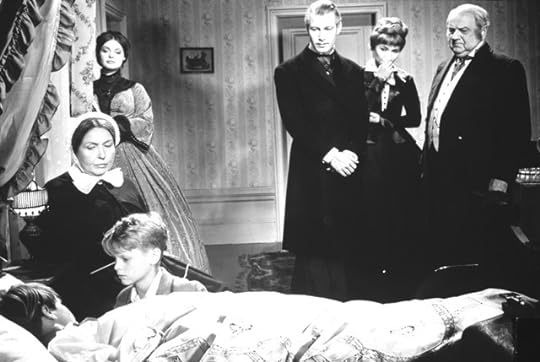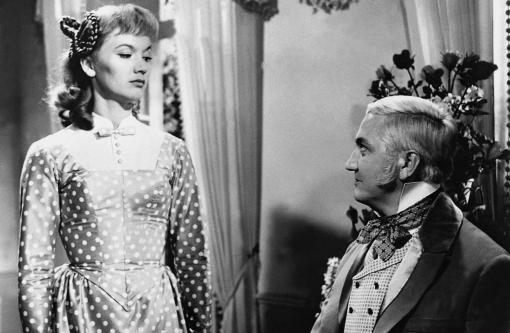What do you think?
Rate this book


731 pages, Hardcover
First published January 1, 1901




“Go to the devil, you filthy sprat-eating slut!”
And thus Tony Buddenbrook’s second marriage came to an end.
MEAN REVERSION IS A BITCH...!!!

"The sad thing is that one lives but once—one can't begin life over again. And one would know so much better the second time!"
“Often, the outward and visible material signs and symbols of happiness and success only show themselves when the process of decline has already set in. The outer manifestations take time - like the light of that star up there, which may in reality be already quenched, when it looks to us to be shining its brightest.”








